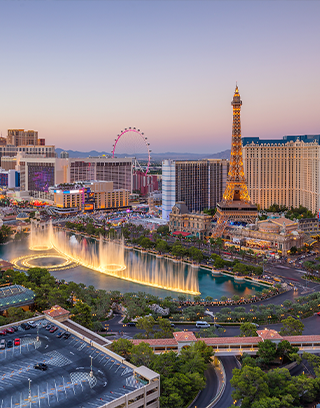
All Cases We Cover
At De Castroverde Accident & Injury Lawyers our personal injury lawyers serve the following localities: Angel Park, Anthem, Boulder City, Downtown Las Vegas, East Las Vegas, Gibson Springs, Green Valley, Henderson, Lake Las Vegas, MacDonald Ranch, McCullough Hills, Mission Hills, Paradise, Peccole Ranch, Queensridge, Reno, Seven Hills, Smoke Ranch, Spring Valley, Summerlin, The Lakes, The Strip, Whitney, and more.
We also represent accident victims in Oakland, CA.
De Castroverde Accident & Injury Lawyers, located in Las Vegas, NV, is a personal injury law firm established over 30 years ago.
We have 100+ years of combined experience securing hundreds of millions for injured people throughout Nevada. If you’ve been injured due to someone else’s negligence, contact us today to discuss your case.